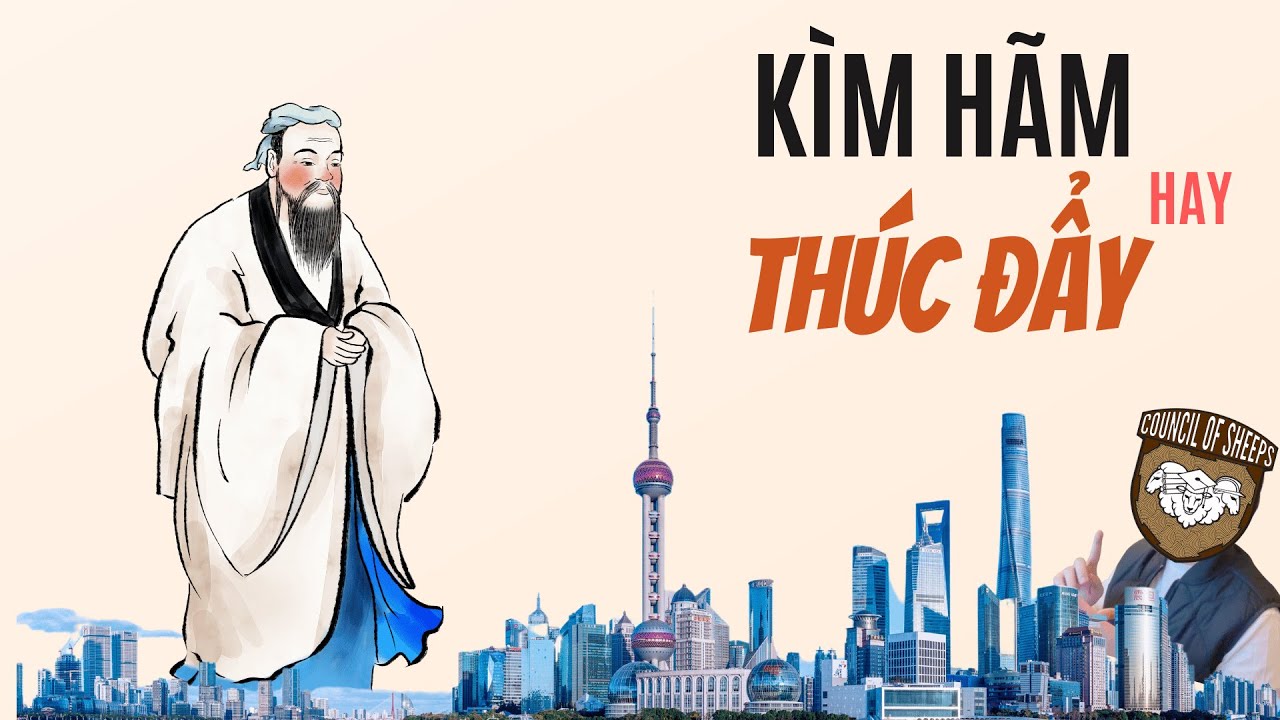02 Ledderose 08 Argument
Summary
TLDRThis lecture discusses the enduring impact of history on modern life, highlighting China's historical economic dominance and its recent resurgence using a mix of Western industrial capitalism and traditional Chinese state control. It contrasts this with Western free-market capitalism, which has led to growing inequality. The lecture ponders the future of these economic systems and suggests that China's approach might shape our future.
Takeaways
- 📚 **Historical Relevance**: The lecture emphasizes the importance of understanding ancient history as it continues to impact our daily lives.
- 🌐 **Global Economic Shifts**: The script discusses the historical economic dominance of China and Western Europe, highlighting China's status as a powerhouse economy until the 19th century.
- 🔄 **Cultural Exchange**: It points out that Europe's advancements by 1500 were partly due to adopting modular production methods from China.
- 📉 **China's Decline and Renaissance**: The script explores China's fall behind Europe and the U.S. in the mid-19th century and its subsequent resurgence starting in the 1970s.
- 🌟 **The 'Chinese Century'**: It suggests that the 21st century might be termed the 'Chinese century' due to China's rapid economic growth.
- 🤝 **Economic Integration**: China's economic success is attributed to a blend of Emperor Qin's standardization techniques and Western industrial capitalism.
- 📈 **Inequality and Economic Growth**: The lecture notes the rise in inequality due to state-controlled capitalism in China and the potential inefficiencies it may cause for economic growth.
- 🏦 **State Controls and Inequality**: It mentions that China's state controls might be stabilizing the growth of inequality.
- 🛒 **Consumer Spending and Security**: The script highlights the need for consumers to have money and a sense of security to spend, which is crucial for economic growth.
- 🌍 **Interdependence of Economies**: It questions the sustainability of Western capitalist democracies without considering the workers who produce consumer goods.
- 🔮 **Future Outlook**: The lecture concludes by pondering the future's potential integration of the 'distinctively Chinese pattern of thought' into global economic systems.
Q & A
Why is understanding ancient history important according to the script?
-Understanding ancient history is important because it shows how historical events continue to influence our daily lives and helps us approach the world with less naivety.
What does the script suggest about the global economic distribution before the 19th century?
-The script suggests that China was a powerhouse economy up until the 19th century, which was a result of its unification of previously separate warring states.
How did China's unification impact its economy?
-China's unification led to a standardized economy and culture, which contributed to its status as a global economic powerhouse until the 19th century.
What did Europe learn from China that helped its economic development?
-Europe learned modular production methods from China, which significantly contributed to its economic gains by the year 1500.
Why did China fall behind Europe and the United States starting in the mid-19th century according to the script?
-One reason provided is that the West became more 'Chinese' in adopting modular patterns of thought and production, while China did not keep pace with these changes.
What significant economic shift did China undergo in the 1970s?
-China began to adopt Western industrial capitalism in the 1970s without adopting Western democracy.
How might the 21st century be characterized in terms of global economic power according to the script?
-The script suggests that the 21st century may be called the 'Chinese century' due to China's rapid economic growth and potential to surpass most Western economies.
What is China's economic secret as described in the script?
-China's economic secret may be the combination of Emperor Qin's technique for standardizing the economy with the free market capitalism techniques developed in Europe and adopted by the U.S.
How does the script describe the economic impact of inequality?
-Inequality can be inefficient for economic growth because consumers need money to spend and a feeling of security to spend it rather than saving it for protection against future crises.
What role does the state play in China's economic model according to the script?
-The state plays a significant role in China's economic model through state-controlled capitalism and state controls that may be stabilizing the growth of inequality.
What does the script suggest about the future of the 'distinctively Chinese pattern of thought'?
-The script suggests that this pattern of thought may become a greater part of our future, implying its potential influence on global economic and political systems.
Outlines

This section is available to paid users only. Please upgrade to access this part.
Upgrade NowMindmap

This section is available to paid users only. Please upgrade to access this part.
Upgrade NowKeywords

This section is available to paid users only. Please upgrade to access this part.
Upgrade NowHighlights

This section is available to paid users only. Please upgrade to access this part.
Upgrade NowTranscripts

This section is available to paid users only. Please upgrade to access this part.
Upgrade NowBrowse More Related Video

How China Became So Powerful

GEOPOLÍTICA | AULA 3 | CHINA

Economic Systems

知名经济学家冲塔:别再装了,中国已倒退回朱元璋年代!习近平极端讨厌中国金融业的背后原因|陈志武|习近平|2015年股灾|红色家族

Old geographies, new orders -- China, India and the future of Asia: Rush Doshi at TEDxFulbright

KHỔNG GIÁO và ĐÔNG Á: KÌM HÃM HAY THÚC ĐẨY?| Triết học Đại Chúng | Hội Đồng Cừu
5.0 / 5 (0 votes)